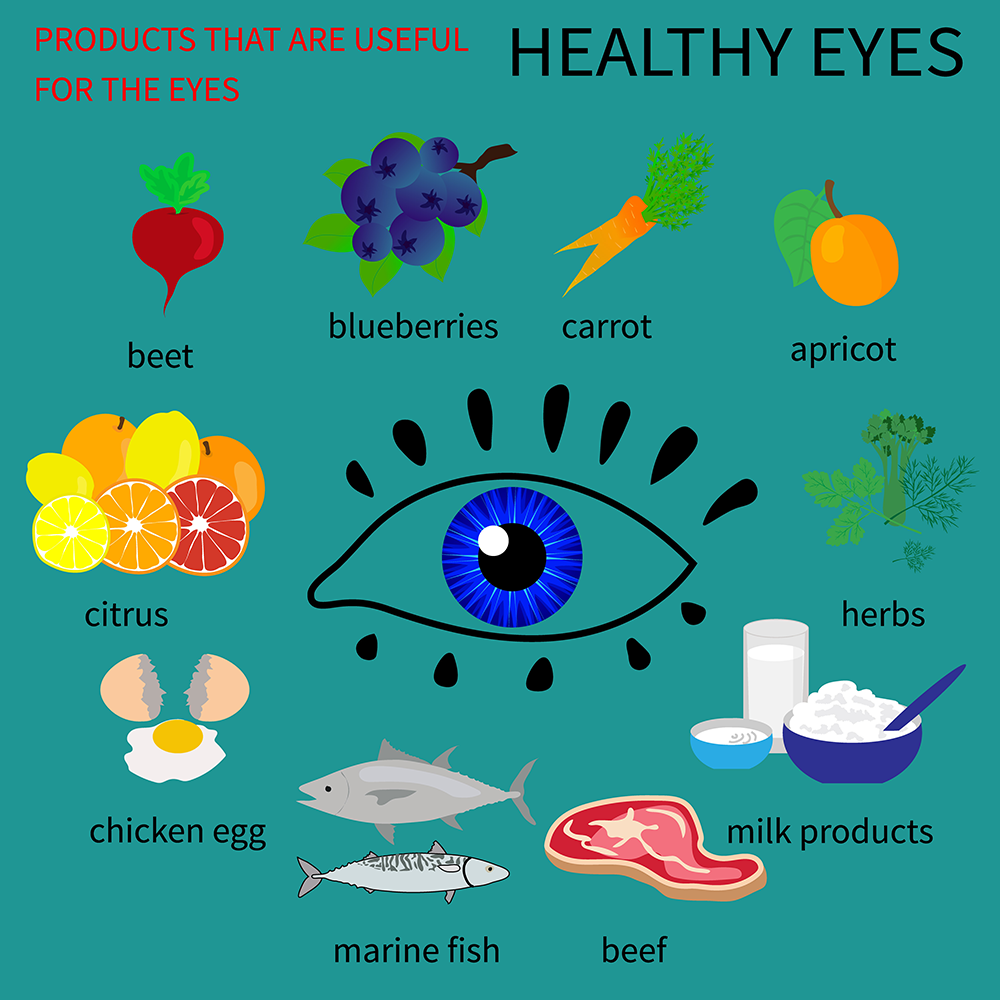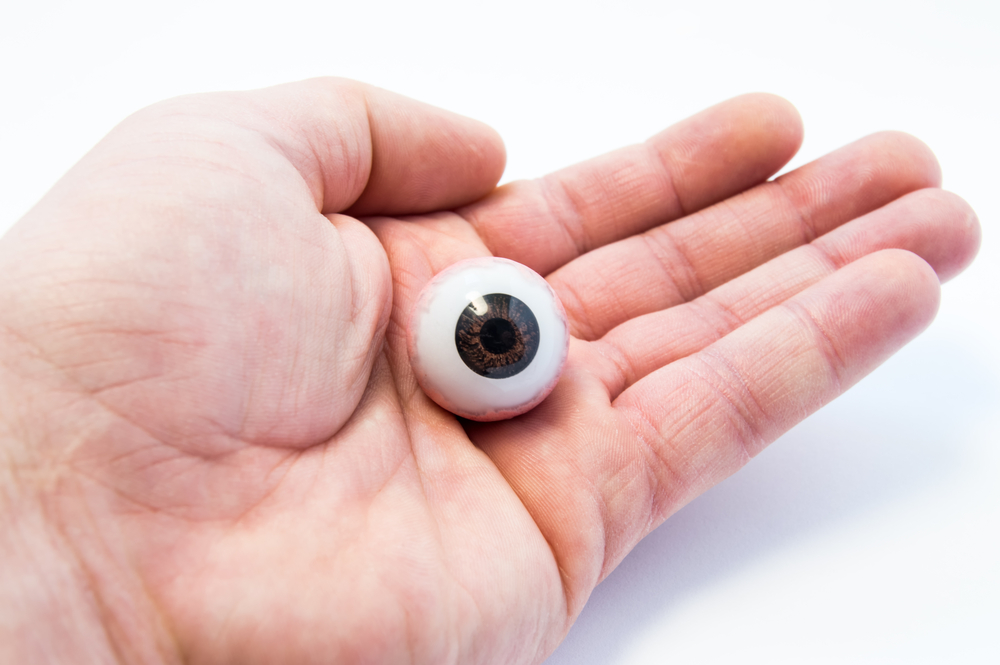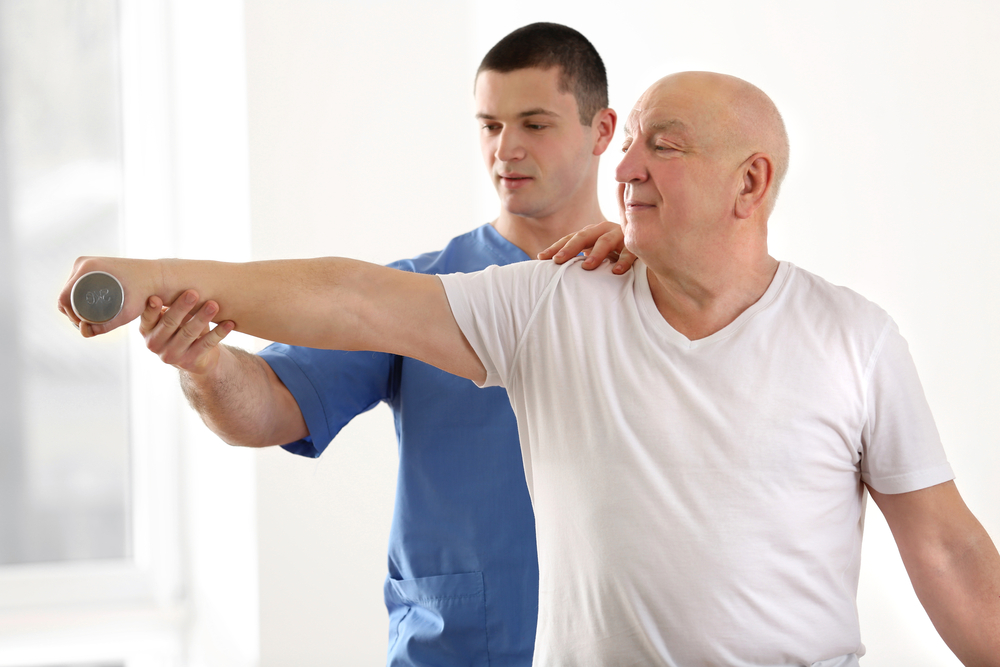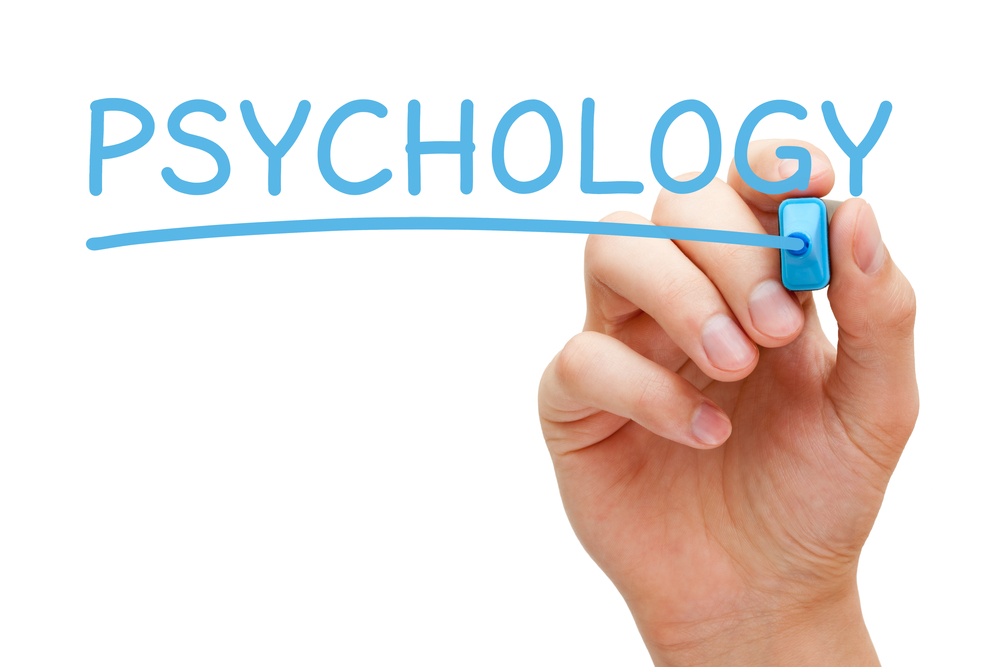When there are no options left to treat your low vision problem, people should look for other ways to help an individual adapt to low vision or vision loss to maintain the independence and standard of life. It is necessary to spread awareness about vision rehabilitation therapy among people and their family and friends who are suffering from vision loss.
Low Vision and its causes:
Low visual is defined as a visual problem that cannot be treated by standard eyeglasses, medications, contact lenses, or surgery. Low vision makes daily activities such as shopping, cooking, writing, watching TV, and reading hard to do. The results of vision loss may leave people depressed, hopeless, helpless, and anxious. So, it is very important for these people to remind them that there is hope.

Also Read: Healthy Teeth Leads to a Healthy Life!
The low vision problem can be caused by eye disorders or other health disorders. These may include age-associated macular degeneration, glaucoma, diabetes, and cataract. Birth defects and other injuries are other causes of low vision problem. Whatever the cause is, lost vision cannot be stored. It can only be managed with proper treatment and vision rehabilitation.
Signs of a Low Vision
The problem with any of the following, even while wearing contact lenses and glasses, could be an early indication of an eye disease or vision loss.
- Difficulty in reading
- Selecting and matching the color of clothes
- Recognizing faces
- Sewing clothes
- Blurred Vision
What can you do with Low Vision?
Low vision means you probably have some usable vision, but you may need to learn new ways to use it positively. Vision rehabilitation treatment can help you achieve your goals. The initial step in vision rehabilitation therapy is to have a low vision assessment to understand your remaining vision and your requirements completely. Vision experts will allow you to try aids that will help you use your left vision. Overall, vision rehabilitation helps you find out what you want and what works best for you.
A few examples of vision rehabilitation services are given below:
- Helping a geriatric patient with macular degeneration (a leading cause of vision loss) and with good side vision make words on their monitor (computer screen) larger.
- Helping a patient with low vision to find a magnifier along with a light to read books or a menu in a dimly lit restaurant.
Vision rehabilitation treatment offers the following aids and devices:
- Magnification in reading glasses
- Desktop magnifier
- Screen magnification software for low vision, computer users
- Telescopes
- Handheld magnifiers
Vision Rehabilitation
Vision rehabilitation works for people with loss of vision. It helps people adjust to low vision and maintain their standard of living. A vision rehabilitation treatment offers a broad range of services, which involves training in the use of magnifiers and other electronic devices. Furthermore, it offers ways to complete daily living skills safely and independently. These programs require a primary eye professional, ophthalmologist, occupational therapist, certified low vision therapists, and social workers.
The goal of vision rehabilitation is to maximize the way an individual with low vision uses his/her remaining vision. It requires a multidisciplinary approach and multiple visits. During the starting stage of evaluation, therapists work to determine the current vision status and to create a treatment plan to achieve his/her goals. The low vision will first evaluate the resulting functional issues, then turn to visual impairment. The low vision expert acts as a gatekeeper, referring the patient for other services as required.
Vision rehabilitation assists in the following ways:
- Help you adjust to vision loss
- Help you get treatment if you are depressed
- Help you move around in your home and society
- Help you find transportation services if you cannot drive
- Make you learn about support services to help you and your family
- Offer you an exercise program that helps you prevent injuries such as falls
Also Read: To Lead a Smoke Free Life- Quit Smoking
Provide knowledge to you and your family about Charles Bonnet hallucinations.




